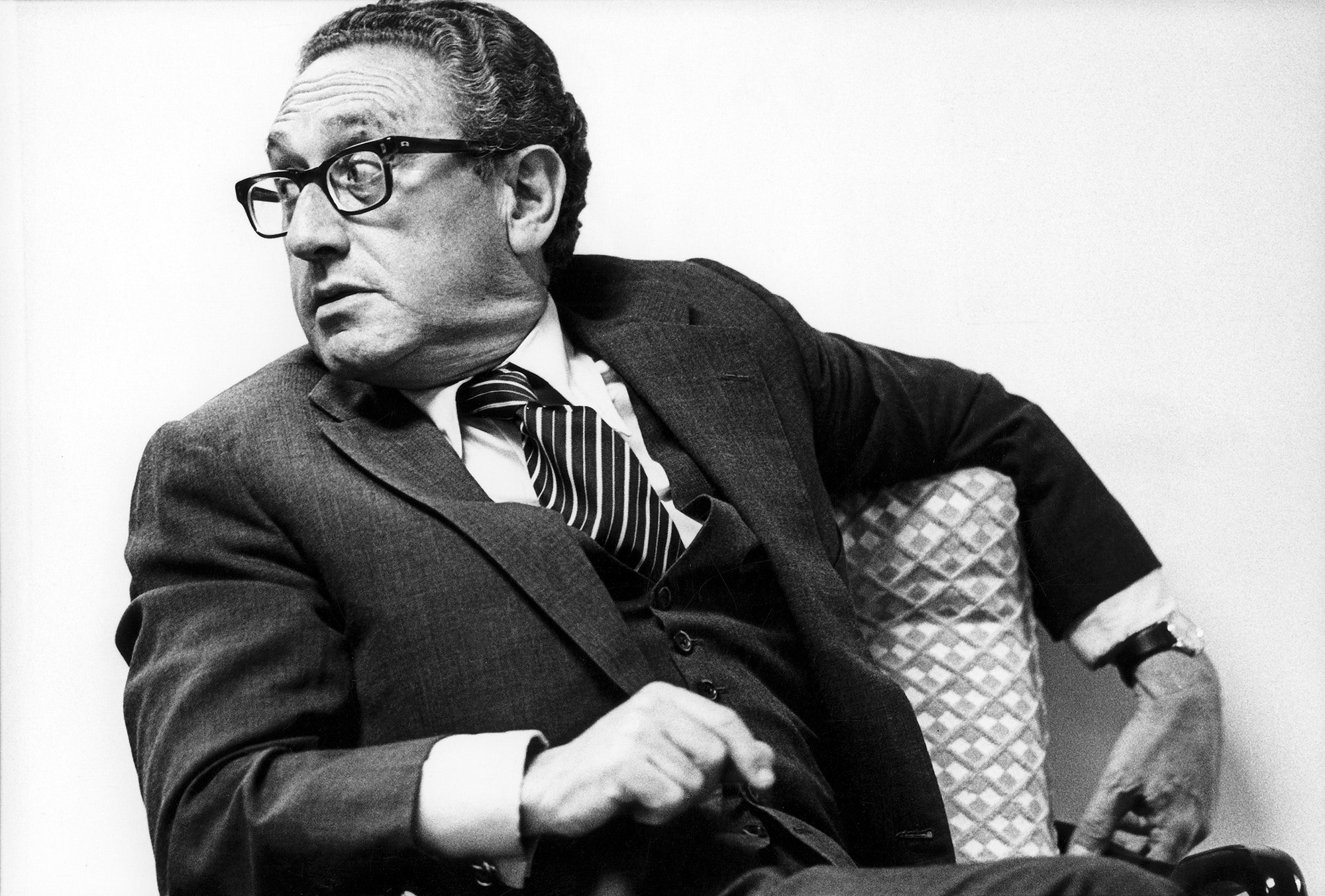Departures Podcast with Barry Gewen

There are few other living historical figures more divisive that Henry Kissinger, and few others who attract such impassioned debate.
Was he an ambitious figure, monstrously bereft of conscience, or a master strategist who accepted the world as it is and deftly manufactured outcomes that benefitted his country?
We’re so pleased to have the opportunity to speak with Barry Gewen, an editor at The New York Times and the author of “The Inevitability of Tragedy: Henry Kissinger and His World,” which presents an unsparing and unflinching look at the diplomat’s life but also explains his sensibility and unique way of thinking that is framed in line with a specific German-Jewish mentality more than typically American. In many ways, Gewen argues, Kissinger’s thinking more closely aligned with others such as Leo Strauss, Hannah Arendt and Hans Morgenthau, all German-Jewish émigrés and intellectuals.
“What all of these people share is a way of looking at politics and the world that is not an especially American way of looking at the world,” Gewen says during the Departures interview. “They are not firm believers in the virtues of democracy. They’re not anti-democratic. They just recognize that there are times when democracy produces excellent results, and there are times when it does not.”
The framing of this approach is very illuminating, especially considering Kissinger’s most controversial decisions.
“Kissinger always refused to wear a little flag pin in his lapel,” Gewen says. “What I take from that is that it reminded him of an enforced patriotism, a kind of denial of individual freedom almost, and he was very sensitive to the ways in which democracy can, through the tyrannical majority, can impose itself on minorities and all people who dissented from that majoritarian view.”
Such background also informs upon Kissinger’s intense interest in China and the relative absence of any normative commentary about their authoritarian model.
Gewen says there are various points when Kissinger demonstrates a real sympathy for China. Not for their repression, not for their current policies or authoritarian tendencies, but a sympathy for the kinds of problems the Chinese face. He also always placed a priority on figuring out how the United States could work with China based on broad cooperation on shared problems, whether that’s climate change, nuclear proliferation, pandemics, or crises.
Kissinger understood that power was always the constant, Gewen says. You can either accept that and try to channel it toward achieving what you want, or ignore it and indulge in abstractions and ideals.
A fascinating discussion about a fascinating book. Give the episode a listen and let us know what you think.











